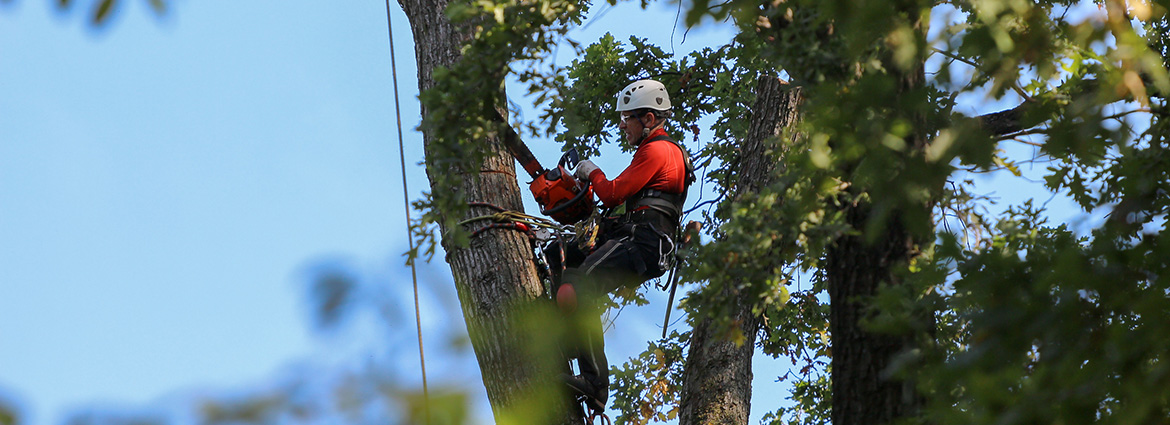All Categories
Featured
The elimination of trees can create open rooms that are susceptible to weed intrusion. When trees exist, their thick canopies frequently shade the ground, restricting the quantity of sunshine that reaches the soil. However, after the removal of trees, these open locations receive boosted sunshine, providing suitable problems for weed growth.
:max_bytes(150000):strip_icc()/sample-contract-for-removal-jobs-by-tree-services-2130959-hero-26fe7131be0f4a37865a9bca066fa3c6.jpg)
They may advise the use of mulch, which acts as a safety obstacle on the soil surface area, stopping weed seeds from sprouting and suppressing weed development.

The presence of trees promotes an abundant and diverse neighborhood of soil microbes. Tree roots give a source of raw material, exudates, and nutrients that sustain the development and activity of beneficial dirt bacteria. When trees are gotten rid of, the lack of their roots can disrupt the fragile balance of the dirt's microbial ecosystem.
What Is The Best Tree Loppers Wollongong Service?
This adjustment in pH can influence nutrition schedule, microbial activity, and overall dirt wellness. To attend to the effects of tree cutting on soil pH, tree removal professionals can provide valuable suggestions. They may recommend dirt testing to analyze the current pH degrees and determine the required modifications. Based upon the results, experts can recommend pH modification approaches, such as including lime to elevate dirt pH or incorporating essential sulfur to decrease it.

It refers to the compression of soil bits, leading to decreased pore area and increased soil density. This compaction can adversely affect the dirt's capacity to work efficiently, affecting its water-holding capacity, nutrition availability, and origin infiltration. Appropriate methods utilized by tree elimination professionals can assist minimize compaction and maintain the soil's capacity to maintain water, and enable sufficient air flow and careful tools handling.
Latest Posts
Who Is The Best Stump Removal Wollongong Company?
What Is The Best Wollongong City Council Tree Removal Software?
Who Is The Best Stump Removal Wollongong Service?